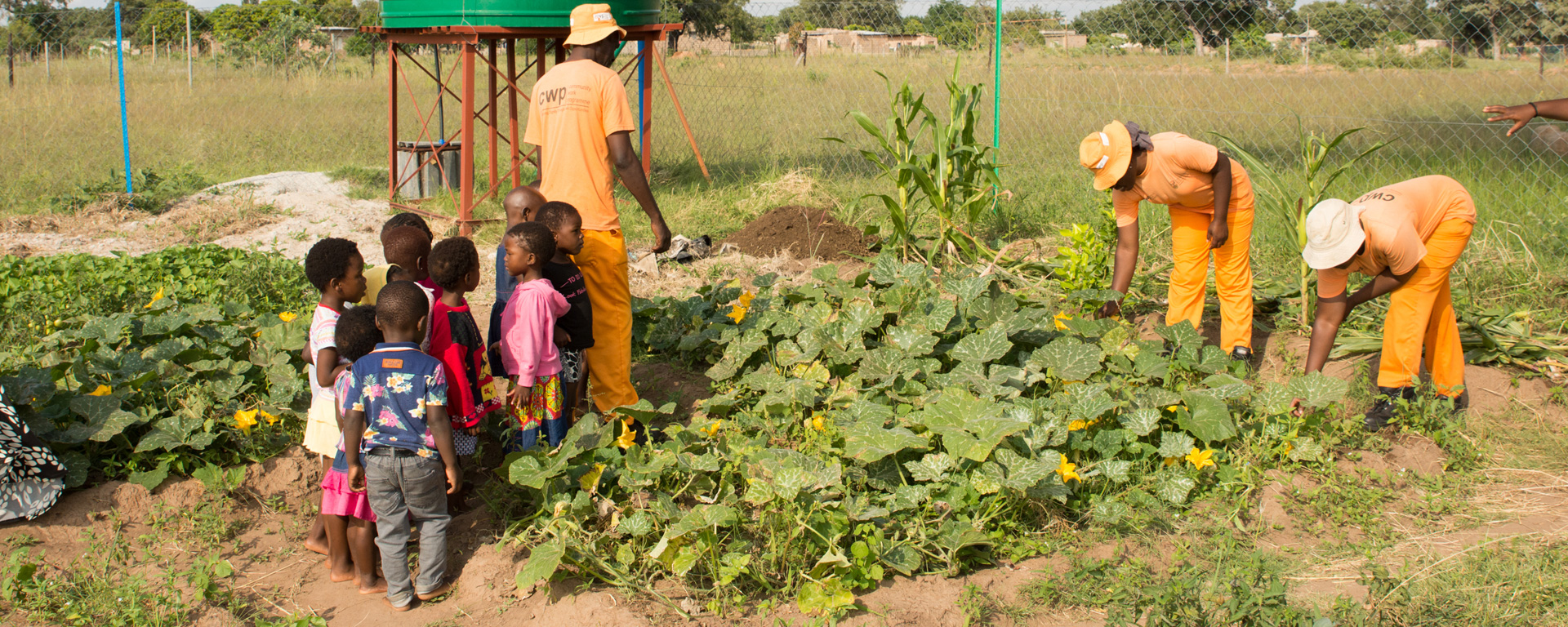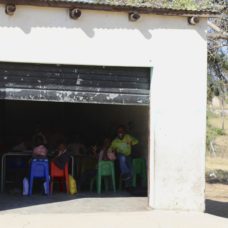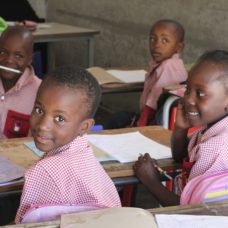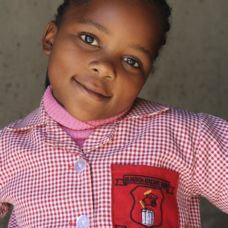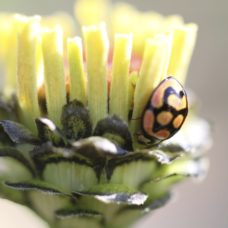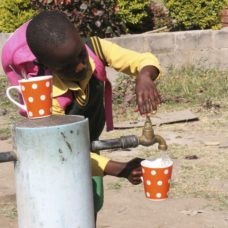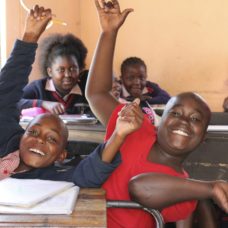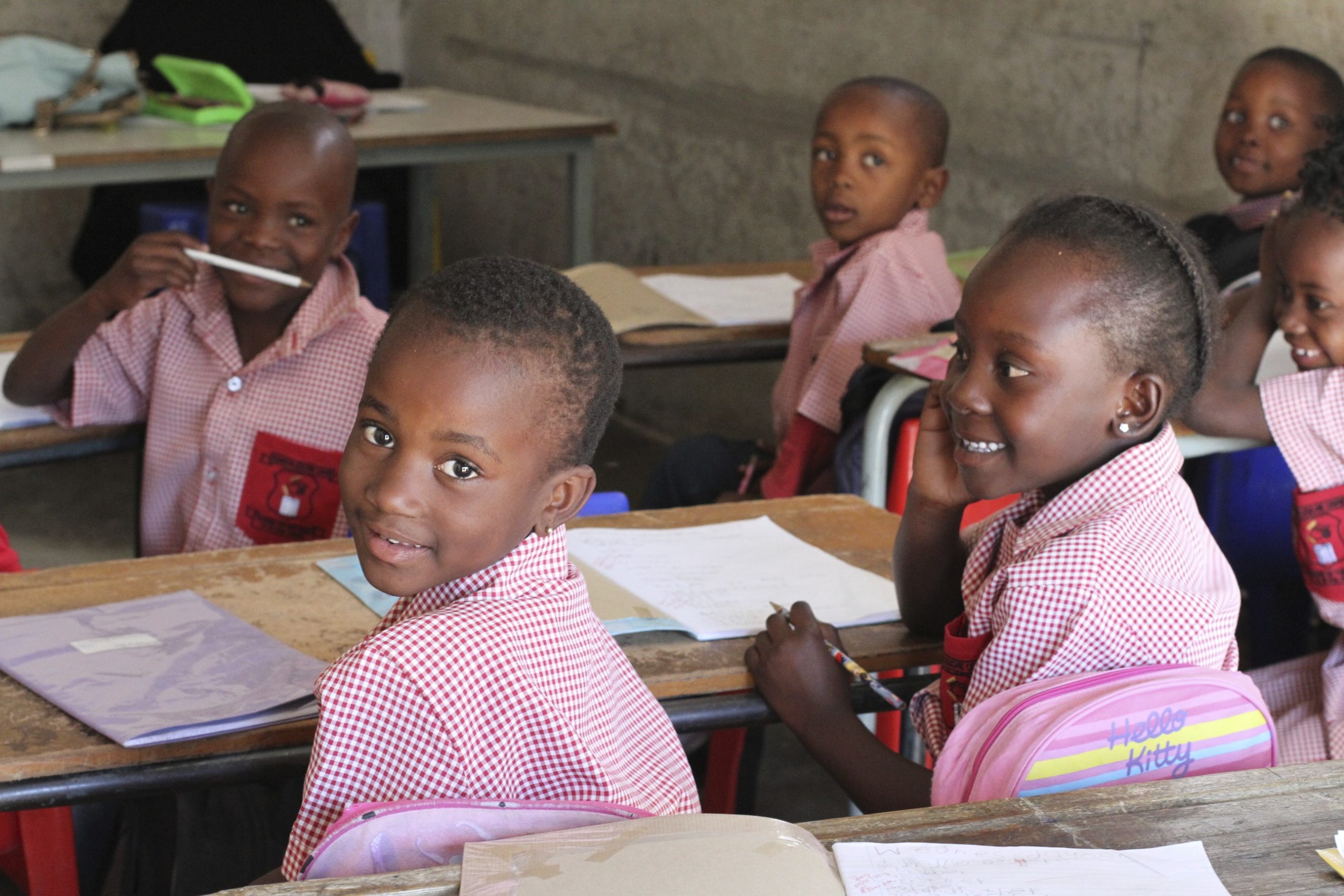
17 Jul 2013 On the Ground, at the Schools
The last time I talked to Lynette was over a text message on a Philadelphia subway. I had told her I’d be coming to South Africa, but I didn’t give her a date, hoping I’d surprise her. Now that I’m in the country, my ASOH Nokia phone is always ringing. I’m taking my rental car to parts of Limpopo and Mpumalanga it has never seen. I really like A Spring of Hope for that—the way we are connected to our schools. We get to know our schools and their problems, but we’re humble enough to recognize that schools know their problems better than we do. As a studying anthropologist, I know how critical trust is in relationships that transcend cultural boundaries. My mother and I build this trust with some of the most passionate, visionary teachers in this country that ranks second to last globally in education. Part of the problem is deeply political, and technical solutions like fancy pump equipment or innovative cook stoves won’t overcome that. But need exists immediately in the present—class is still in session. Poor infrastructure, like the lack of clean drinking water in school, can destroy the performance of students even at the best of schools. So we act in concert with the small community of other independent development professionals (it’s a pretty small world out here) to bring water availability and improved classroom environments to students now. We work to make our aid, sometimes what I call our “consulting,” as intelligent and sustainable as possible, by communicating and collaborating with the government, public utilities, and other local groups and using high-efficacy and low-cost equipment.
ASOH is old enough now to call itself an international NGO, although our work is super concentrated on one of the poorest areas of South Africa, the Bushbuckridge Municipality of Limpopo. The intimacy with which we know our area is our strength—we don’t spread ourselves too thin or make assumptions about how other communities operate. We know our area and our committed to it. In the last few days, I’ve been traveling with executive board member, Sunil Rajan around Bushbuckridge, visiting schools and making new friends. We also learned a few new things.
Lynette, the principal of Beretta Primary, continues to amaze us. In three years, the school garden has expanded to twice its size, blossoming into a veritable jungle of spinach, beets, papaya, and strawberries. With the help of the Timbavati Foundation and Seeds of Light, Beretta produces seedlings for new plants and offers gardening instruction to more than 20 other schools four times a year. Inside the garden, seeming disorder gives way to meticulousness. Pink and yellow flowers are planted amongst varying vegetation to repel insects. Each herb has a medicinal function. Lynette told me how certain herbs can treat the pain of arthritis, or numb a toothache. “When we talk about quality food, we mean organic fruits and vegetables grown entirely without pesticides,” she said to me. Beretta’s success comes as the area faces increasing food insecurity, especially due to the lack of small farms in rural areas, where organic and nutritious foods are rare. Beretta sells 1/4 of the produce grown in its immense garden to the surrounding community, helping with the school’s budget. By providing gardening knowledge to surrounding schools and homes, she hopes to encourage self-reliance and healthy eating habits.
Few schools are as lucky to have the leadership of Lynette. But ASOH works with a good number of exceptionally motivated schools, including Mtembeni Primary. We went by the school with Jim, a local volunteer. Dan, the school’s garden keeper, makes art with beets roots and garlic sprouts, which spring up in patterns on the school grounds. Mtembeni was recently refurbished by the government, giving the school drop-down ceilings, fans, and guardrails… a necessary feature when you have 400 elementary school kids running up and down the stairs. The Africa Foundation constructed a kitchen on the property, an unusual sight out here where nearly everyone cooks by firewood outside. The school also has flush toilets, but regularly supplying soap and toilet paper is still a problem. As always, it’s a work in progress. Us mulungus made our rounds about the school, met the principal, and took down some information on the garden, which our donors like to hear. A few miles away from Mtembeni, a private school attracts learners from across the province. “Private” tends to mean a different approach in education; in this case, Islington Educare Center’s classes are taught in English by teachers who are better educated than the average. But the conditions of the school barely come near the standard of some public schools. Today, Grade 1 was learning the names of fruits in English inside of an old garage. There are no windows, lights, or fans inside, only the opening’s corrugated door pushed halfway up. In another building, stapled wood separates a room into grades 3 and 4. ASOH funded the construction of a borehole here, which has been supplying water to the school just over a week now. In the back, a garden begins to sprout. Jim took the hand of a tiny boy as we looked at the school’s new water tank. Older kids crowded the spigot for a drink before running off to a van sitting outside the school. At the end of the day, we grabbed some “dusty chicken” in town with Jim and his assistant Andrew. You’ll be hearing a lot more of these guys soon.
Best,
Brittany
